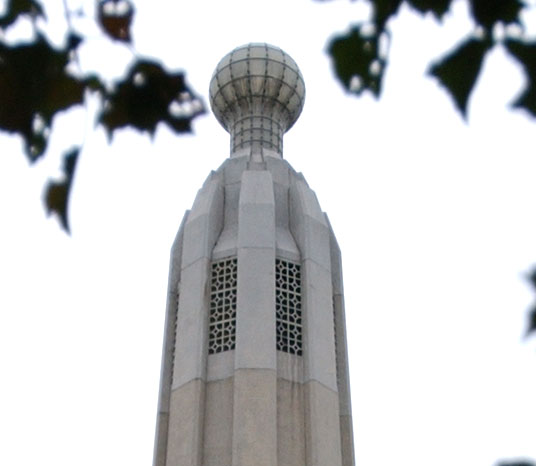By KATHY CHANG
Staff Writer
EDISON — Challenges that Muslims face in central New Jersey center around anti-Muslim rhetoric expressed in the mainstream media.
“The rhetoric is extremely powerful,” said Sami Catovic, executive director of the New Brunswick Islamic Center.
James Sues, executive director of the Council on American-Islamic Relations (CAIR) New Jersey, said a big problem is for people who may not be fond of Muslims to begin with and hear the Republican presidential front-runner Donald Trump call for barring all Muslims from entering the United States.
“It’s like a green light and these people are emboldened by the bias and bigoted things that are said,” he said.
Catovic and Sues joined other Muslim leaders for a roundtable with Congressman Frank Pallone (D-Middlesex, Monmouth) to discuss issues of concern to the Muslim community held at the Masjid Al-Wali in Edison on Jan. 20. The American Muslim for Democracy served as the host to the roundtable.an
“We’re hearing all these various stages of rhetoric on one hand that says no one that is Muslim should come to the country,” said Pallone. “I wanted to essentially come here to say I am opposed to all this because our values as a country in the United States basically say we shouldn’t discriminate against anyone based on race, religion, sex … and this is totally contrary to what I believe as an American and what this country is all about.”
Catovic said the impact of the rhetoric is problematic with the younger generation, which can lead to a feeling of not belonging and alienation among their peers.
Azra Baig, a South Brunswick resident, said children should not have to go to school and grow up defending their faith.
The Muslim leaders urged the congressman in his position to help their community educate non-Muslims that they are Americans living in the United States and have no association with the Jihadists and ISIS terrorist groups.
Pallone said people do not understand the Islam faith, which is a peaceful religion.
“There is no positive news that comes out of the Middle East,” he said. “The media focuses on ISIS and the violence in Syria and Turkey. Naturally, there is an association of the religion to the violence.”
Dr. Mahmood Alam, president of the American Muslim for Democracy, said he grew up in Pakistan and has lived in the United States for 27 years.
“There are more Muslims killed in the Middle East than non-Muslims,” he said adding that the Muslim communities are burdened by what is happening around the globe.
Alam said the Muslim community has to write their own narrative of how they want others to perceive them.
Raouf Zaman, Imam at the Muslim Center of Middlesex County in Piscataway, said concerns are brought to his attention from the Muslim community in the work place about prayer time.
Sues said another issue that he has seen is the reluctance to fully prosecute bias crimes.
The Muslim leaders said it is important for Pallone in his position to voice his dissent when the Muslim community is portrayed in a negative light on the national level.
They said education is key. For Saif Siamwalla, a freshman at Rutgers University and an Edison High School alum, his involvement with the Muslim Student Association at Edison High and the education of the teachers and staff of when Muslim students needed to leave class early and pray helped with any misunderstanding or discrimination.
“The teachers knew we had to leave because we provided notes and other students became curious and would ask questions and that is how they learned,” he said. “Honestly, the bad things of disrespect I did not see.”
Siamwalla said he believes people need to be proud of what they believe and who they are.
Pallone and the Muslim leaders discussed the issue of profiling and the story a few years ago about the New York Police Department’s Demographics Unit monitoring Muslim students at Rutgers University in New Brunswick.
Also discussed was how to get Muslim youth more involved in the public sector.
Pallone noted a bill (HR 569) that is pending in the House of Representatives that he is co-sponsoring, which condemns violence, bigotry and hateful rhetoric towards Muslims in the United States.
In November 2015, Pallone voted against HR Bill 4038 — the American Security Against Foreign Enemies (SAFE) Act — which would create an overwrought, bureaucratic review process that would effectively halt the resettlement of families fleeing violence in Iraq and Syria.

